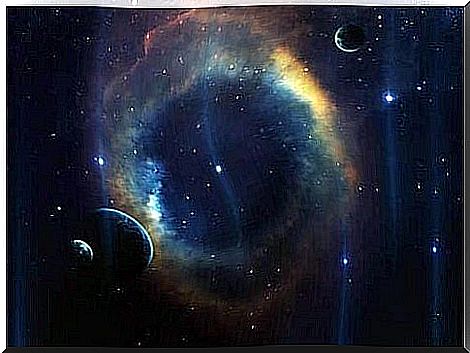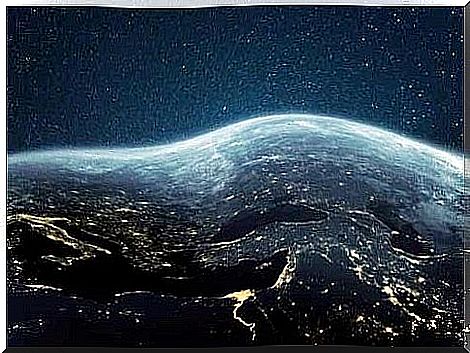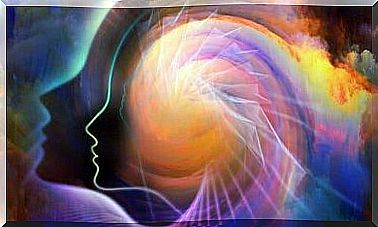Tales From Miletus And His Thoughts On The Universe

Speaking from Miletus (c. 624 BC – c. 545 AD) , the Ionic school founded the ancient Greek thinkers. Furthermore, he was at that time known as one of the seven sages. In fact, even Aristotle himself came to regard Tales as the founder of natural philosophy. This was because he was the first Greek to seek the ultimate principle of everything. He regarded this as water.
Tales from Miletus lived in Athens. Some texts suggest that he was educated by an Egyptian priest. He was deeply involved in astronomy-related issues. In fact, he gave a number of supernatural explanations for certain cosmological events.
Eventually, his philosophical approach, which meant that he questioned all things heavenly, led to Greek astronomy.

Tales from Miletus and his hypotheses were bold and new. In fact, The Internet Encyclopedia of Philosophy (IEP) states that he may well have been the first to study astronomy, the first to predict solar eclipses, and the first to set summer and winter solstices.
Although he did not have laboratories, test tubes and instruments, he was the first to ask the questions: Who are we? Where do we come from? Where are we going?
Let us now go into the mind of this great philosopher known as “The Wise Astronomer”. In fact, he left many words for us to reflect on and meditate on. To think of our place in the infinite space of the cosmos, and our intimate relationship to it.
Speaking from Miletus said: “Water is the first principle of everything”
Tales said that we are made of water and that we come from water. For he was water itself nature and the source of all things. It was the principle of origin, the beginning of the universe. At the time, he believed that the earth was a flat disk floating on water. Furthermore, he considered that everything comes from water and everything goes back to water in the end. In fact, he believed that everything in the universe was just a modification of water.
Tales believed that water was a unique substance. In 2009, a study was conducted on the nature of water entitled “The Nature of Water: Thales’ Arkhe” . This study suggested that many explanations can be given about the importance of water for living processes. In fact, in Homer’s tradition, the Tales believed that Oceanus and Tethys were the ancestors of the world.
Even we humans are made up of 60 percent water. Furthermore, the brain is 70 percent, blood 80 percent and the lungs are up to 90 percent water.
“The room is the biggest as it contains all things”
Tales may not have necessarily considered space infinite. However, he considered that it contained everything. He tried to explain the structure of the universe in a logical way. He stated how far the earth was from other celestial bodies such as the moon, the sun, and the stars. To do this , he used Babylonian science.
However, many of his thoughts were wrong. In fact, he considered the universe to be in reverse order. Because he claimed that the sun was farther away than other stars.
“Isolate yourself in your inner world and reflect on the system of the universe”
In keeping with previous thinking, Tales suggested that we look inward. In fact, we should reflect on who we are or what we want to be in relation to the vast universe we live in.
Because if we as humans fail to understand the size and age of the cosmos, where do we think the little home we call Earth fits in? Where are we in the midst of such an enormous and eternal time? When you think about it, your usual daily worries seem ridiculous. Carl Sagan confirmed this.
Speaking of Miletus said, “God is the oldest of all things, for he had no birth”
This saying from Tales reflects on the creation of the universe and the origin of everything. As the IEP suggests, the Tales believed that all things are filled with God. The IEP states that Aristotle claimed:









